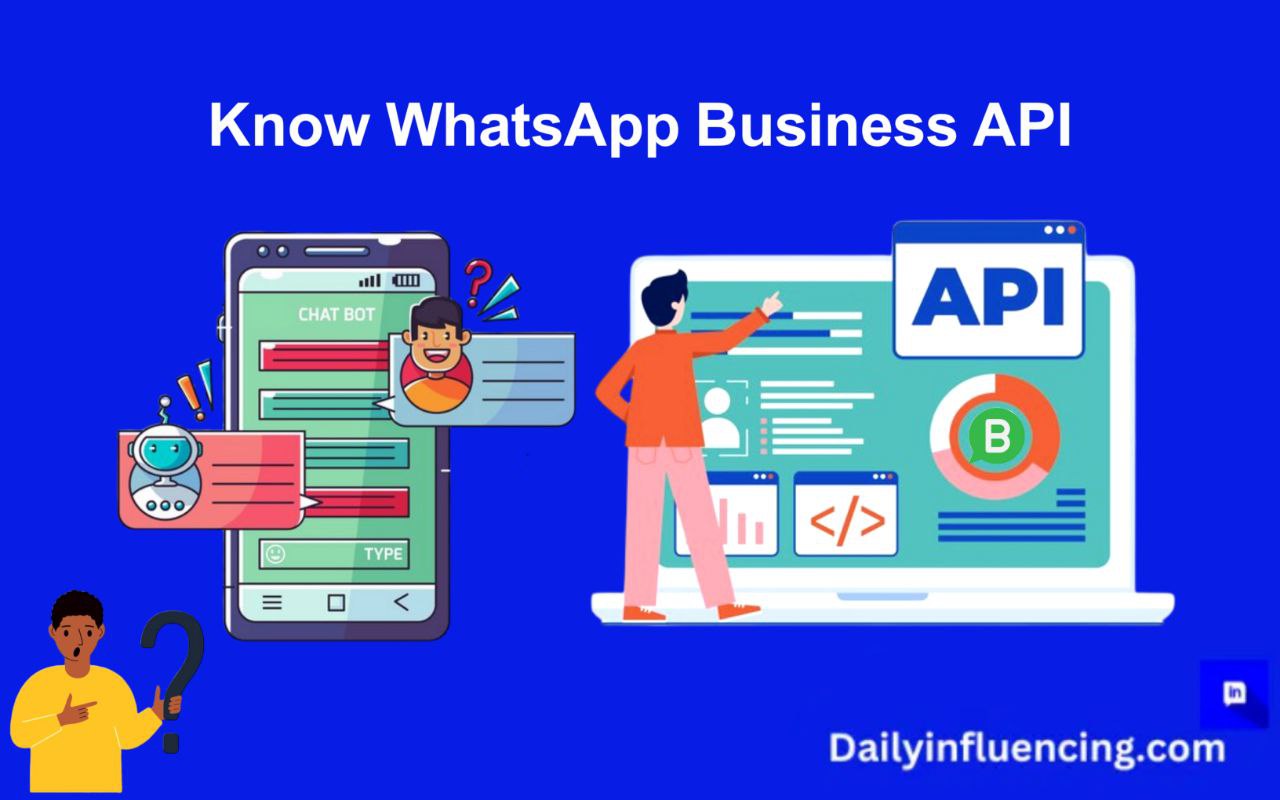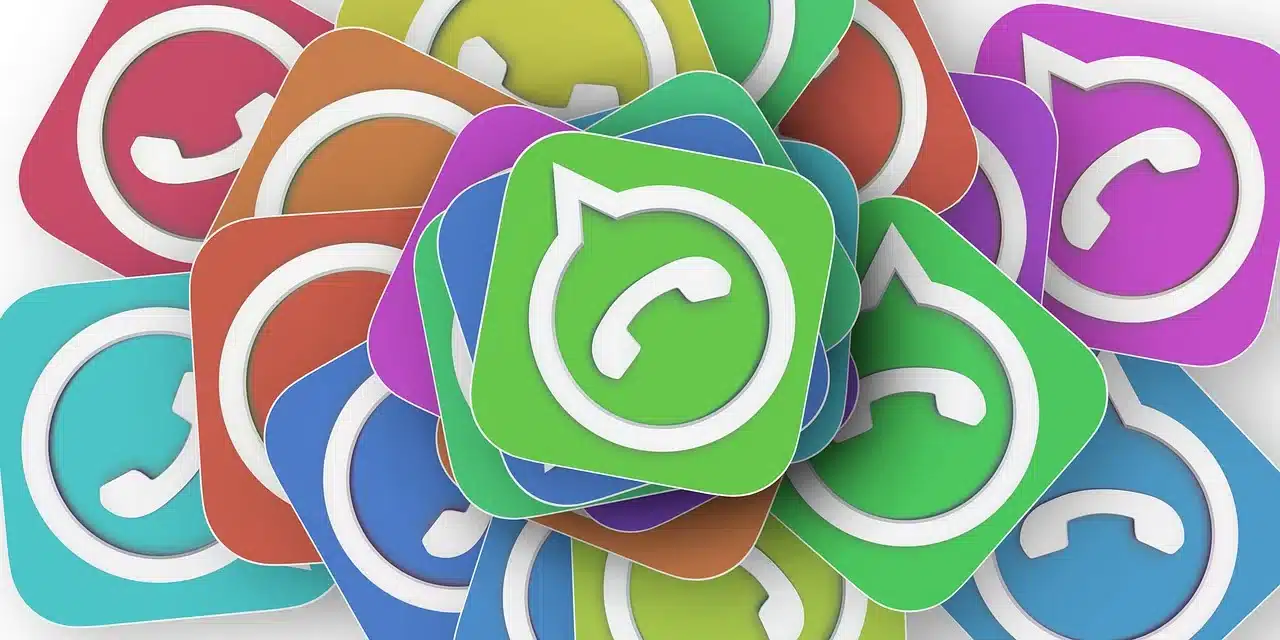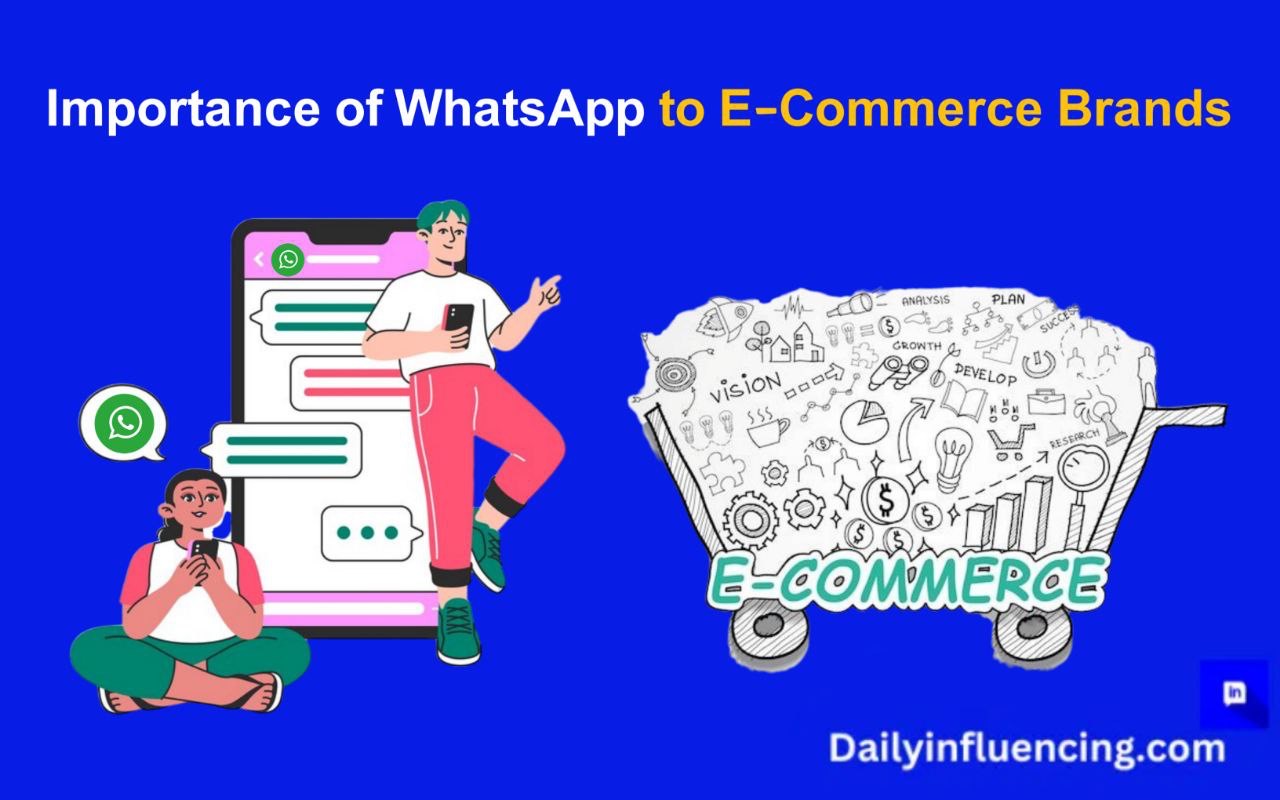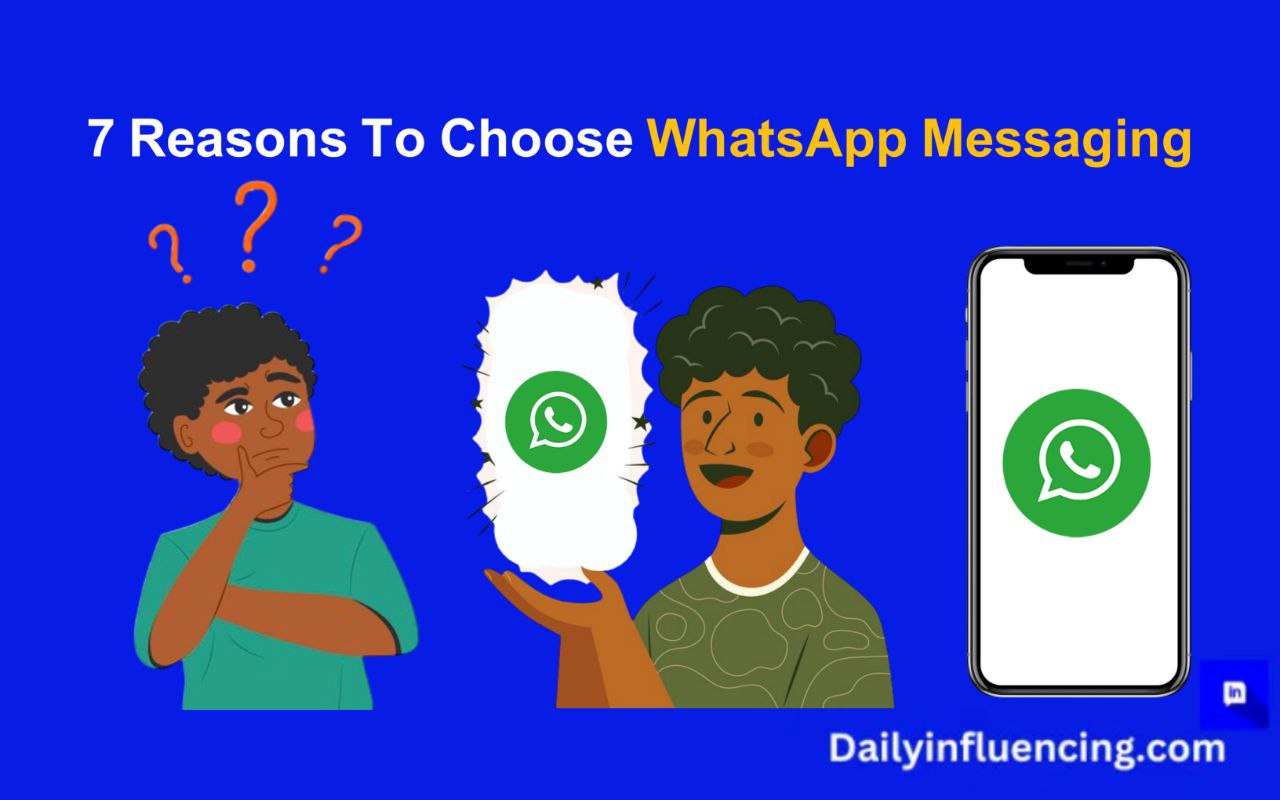
WhatsApp business API has been saving the day for most businesses. In today’s fast-paced digital age, customer engagement has become more critical than ever. Brands constantly seek efficient ways to connect with their audience, and WhatsApp, with its over 2 billion active users, has become a key channel for business communication. Enter the API, a tool designed to revolutionize how businesses interact with their customers.
This guide explores everything you need to know about the API, how it works, its benefits, and actionable steps to integrate it into your business strategy.
What Is The WhatsApp Business API?

The WhatsApp business API is a solution created by WhatsApp to help medium and large businesses communicate with customers at scale.
Unlike the regular WhatsApp Business app designed for small businesses, the API is tailored for enterprises looking to automate communication, send bulk notifications, and provide robust customer support.
At its core, the API enables businesses to:
- Automate messages such as reminders and updates.
- Personalize communication at scale.
- Provide real-time support via chatbots or human agents.
- Securely share documents like invoices and product catalogs.
This makes the WhatsApp Business API a powerful tool for brands aiming to offer seamless customer experiences while keeping operational costs in check.
What Are The Key Features of the WhatsApp Business API?

The API boasts several advanced features that set it apart from the regular WhatsApp Business app. Let’s break them down:
1. Automated Messaging
Businesses can set up automatic replies for FAQs, customer onboarding, or transaction updates. For example, e-commerce platforms can send order confirmations or shipping details instantly.
2. Rich Media Support
Unlike emails or SMS, the API allows businesses to send images, videos, documents, and interactive buttons. This enriches the customer experience and makes communication more engaging.
3. Chatbot Integration
With the API, companies can integrate AI-powered chatbots to handle customer queries 24/7. This ensures faster response times and boosts customer satisfaction.
4. Two-Way Communication
Unlike traditional marketing channels that focus on broadcasting, the WhatsApp Business API enables meaningful two-way interactions. Customers can respond to messages, share feedback, or seek assistance.
5. Secure Messaging
Security is paramount, especially when sensitive information like account details or payment confirmations is shared. The API uses end-to-end encryption, ensuring that customer data remains private and secure.
How Does The WhatsApp Business API Works?

To get started with the API, you’ll need to follow these key steps:
Step 1: Choose a Business Solution Provider (BSP) For Your WhatsApp business API
WhatsApp doesn’t directly offer the API to businesses. Instead, it partners with BSPs like Twilio, Vonage, and 360dialog to manage the setup and support. Choose a BSP that aligns with your business needs.
Step 2: Set Up a Verified Business Account
Verification is crucial to gain access to the WhatsApp Business API. You’ll need to link your business phone number, upload business details, and pass WhatsApp’s approval process.
Step 3: Integrate The WhatsApp business API Into Your System
This step involves integrating the API with your CRM, customer support tools, or marketing platforms. Your chosen BSP usually provides the technical support needed for this process.
Step 4: Customize Templates And Automation
WhatsApp requires that all outbound messages (except replies) follow approved templates. Use this opportunity to craft engaging, value-driven messages that resonate with your audience.
What Are The Benefits Of Using The WhatsApp Business API?

Integrating the API into your operations can significantly elevate your business. Here’s why:
1. Enhanced Customer Engagement
By using personalized and timely messages, businesses can keep customers engaged throughout their journey. For instance, a fashion retailer can send product recommendations based on browsing history.
2. Cost-Efficiency
Automating customer interactions reduces the need for extensive human support, cutting operational costs.
3. Improved Conversion Rates
With the API, brands can nurture leads more effectively. For example, sending abandoned cart reminders or exclusive offers can prompt action.
4. Global Reach
With WhatsApp’s vast user base, the API enables businesses to connect with customers across the globe effortlessly.
5. Seamless Integration
The API integrates seamlessly with existing tools, ensuring a streamlined workflow for your marketing, sales, and support teams.
What Are The Best Practices For Using The WhatsApp Business API?

To maximize the potential of the API, follow these best practices:
1. Focus on Value-Driven Communication
Instead of bombarding customers with sales messages, focus on adding value. Share helpful tips, exclusive content, or relevant updates.
2. Leverage Rich Media
Use images, videos, and interactive buttons to make your messages visually appealing. For instance, include product photos or “Buy Now” buttons for quick actions.
3. Ensure Timely Response
While automation is essential, ensure that human agents are available for complex queries. A delayed response can harm customer trust.
4. Monitor Performance Metrics
Track metrics like open rates, response times, and customer satisfaction to optimize your strategy.
5. Stay Compliant With WhatsApp’s Policies
WhatsApp has strict guidelines on spam and unauthorized messaging. Always seek customer consent before sending messages and adhere to approved templates.
What Are The Challenges Of The WhatsApp Business API?
Despite its numerous advantages, the API comes with a few challenges:
1. Cost Implications
Unlike the free WhatsApp Business app, the API involves setup and usage costs, especially for large-scale campaigns.
2. Template Approval Process
WhatsApp’s requirement for message templates can slow down your outreach efforts, especially if your content is rejected.
3. Technical Expertise Required
Setting up and managing the WhatsApp Business API demands technical skills. Partnering with a reliable BSP can help mitigate this challenge.
What Are Some Real-Life Applications Of The WhatsApp Business API?
Here are some industries leveraging the API effectively:
E-Commerce
E-commerce brands use the API to send order confirmations, shipping updates, and personalized product recommendations.
Healthcare
Hospitals and clinics can schedule appointment reminders, share test results, or provide health tips.
Travel and Hospitality
Travel agencies use the API to share booking confirmations, itinerary updates, and customer feedback requests.
Banking and Finance
Banks can use the API for fraud alerts, account updates, and secure communication with customers.
How Do I Get Started With The WhatsApp Business API?
If you’re ready to integrate the API into your operations, follow these steps:
Assess Your Needs: Define your business goals and determine how the API fits into your strategy.
Choose a Reliable BSP: Research and select a trusted BSP to help with setup and maintenance.
Develop a Communication Plan: Outline the types of messages you’ll send, the frequency, and the tone of voice.
Test and Optimize: Start with a small group of customers, gather feedback, and optimize your approach based on insights.
Conclusion
The WhatsApp Business API is not just another communication tool—it’s a game-changer for businesses looking to elevate customer engagement. With its rich features, scalability, and global reach, it opens up endless possibilities for brands to build stronger relationships with their audience.
By understanding the API and implementing it strategically, your business can stay ahead in today’s competitive landscape. So, take the plunge and start leveraging this powerful tool to transform your customer communication.





